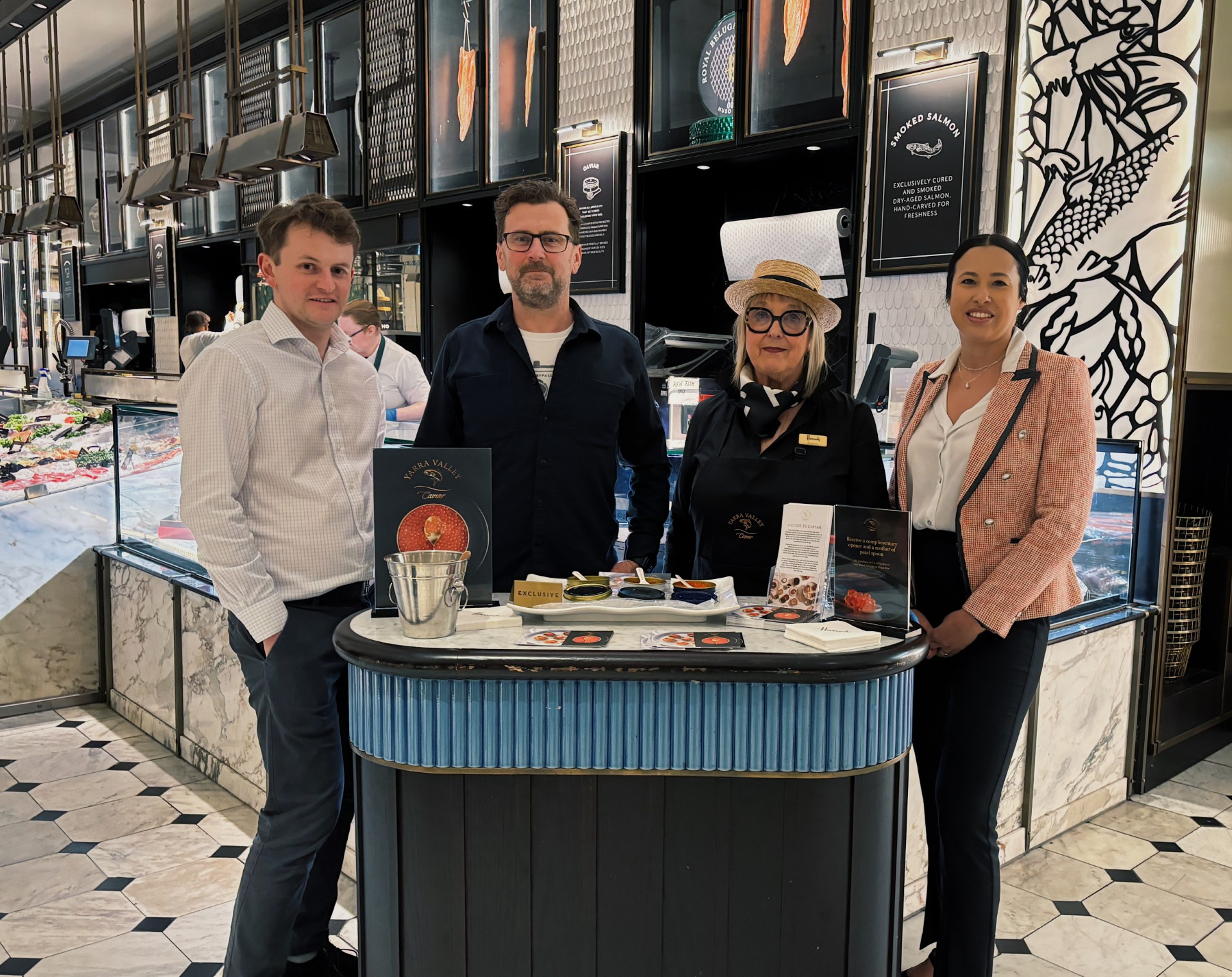While the extraordinary connection between humans and certain animals is well documented, Gold Coast police have discovered that shelter dogs have a particular talent for breaking down barriers and changing behaviours in disengaged youth.
In one of the many proactive programs aimed at preventing youth crime in the district, Queensland Police Service (QPS) has partnered with Animal Welfare League Queensland (AWLQ) and Department of Children, Youth Justice and Multicultural Affairs on the Gold Coast.


The AWLQ program gives young participants the opportunity to learn practical, reward-based dog training skills within an animal shelter environment.
Attendees learn to identify and alleviate stress in the animals and teach them behaviours that make them more desirable for adoption, such as obeying commands to sit, drop, stay, touch, come and walk on a loose leash.
In return, the participants develop a sense of responsibility, connectedness to their community, self-esteem, problem-solving skills and empathy.
Acting Sergeant Zoe Tidswell has been the main driver of the program and said she had witnessed the skills and confidence gained by the participants, along with their reduced risk of engaging in anti-social and criminal behaviours.

Although currently relieving as the PCYC Branch Manager, she was involved is setting up the Youth Co-Responder Team (YCRT) on the Gold Coast and has been the School Based Police Officer at Southport High School for the past two years.
“From my work with the YCRT, I personally know most of the at-risk young people on the Gold Coast and am well aware of their reluctance to engage with us,” Acting Sergeant Tidswell said.
“One day we decided to take a group of them to the Animal Welfare League shelter for a walk through patting the dogs, and I found that they really opened up to us.
“Breaking down barriers is a vital first step, because once they open up and engage with us, then we can find out what’s going on for them and how we can help.”
While at the shelter, Acting Sergeant Tidswell met AWLQ’s Kathryn Calthorp, who runs the training program, and discussed the possibility of adapting it for a youth crime prevention initiative.
In collaboration with Southport High School, Youth Justice and the YCRT, six young people either disengaged with their education or at-risk of entering the criminal justice system were selected and invited to participate.


Acting Sergeant Tidswell said the first program ran for a four-week period last year, with overwhelmingly positive results.
“All the kids opened up and engaged fully with the program. It was great to see them actually being kids again,” she said.
“The positive effect has continued well beyond the immediate program.
“The behaviour of the three students has changed from minimal attendance at school to highly engaged, and their school results have improved.
“Of the three high-risk youth, two have not engaged in any offending behaviour since completing the program.”
On the back of this success, Gold Coast police ran a second program, extended to a five week period, with all six participants attending every session and graduating from the program on March 30.


While the numbers of participants will stay capped at six to ensure maximum hands-on interaction, Acting Sergeant Tidswell expects the next program will be extended to a six-week period.
It’s hard to explain exactly why animals are able to break down barriers when highly trained and well-intentioned humans sometimes struggle to make inroads, but Acting Sergeant Tidswell believes unconditional love and a lack of judgement are part of the magic.
“Animals just have that way of soothing people. We had one young person who started the program with high anxiety, and by the end was confident enough to speak to reporters.
“I think it’s the unconditional love that animals give us and the fact that there is no judgement.”

The love goes both ways, with the dogs themselves benefitting greatly from the increased attention and training.
“The dogs chosen for the program are usually the ones who are more difficult to place and have therefore been there longer.
“Being socialised and learning basic commands means they make a more positive impression and are better candidates for adoption.
“Every dog that has been through the training program has been placed with a family, so it’s a win-win for all involved,” she said.
Police officers aren’t born, they’re made, with every challenge or adversity overcome, and their personal values, helping to shape them into great officers who can make a real difference.
There is no better time to join the QPS. You’re already ready.
Visit PoliceRecruit.com.au to check your eligibility today.







